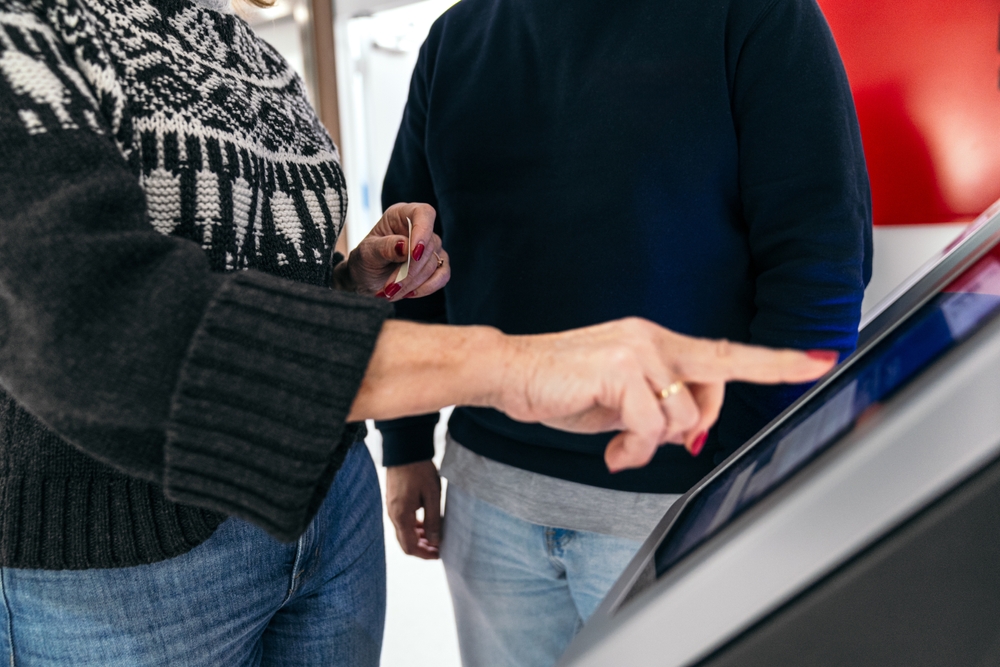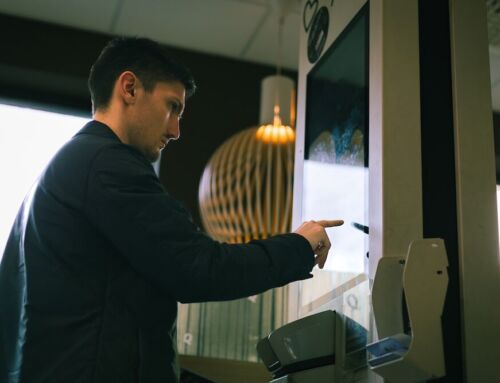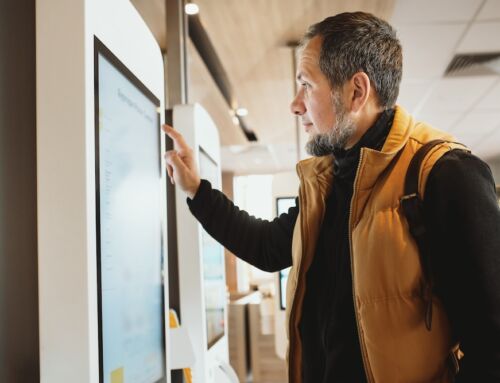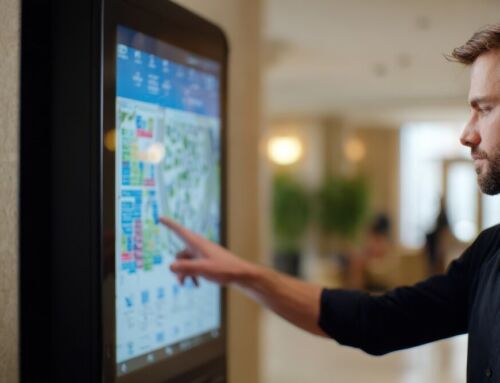Regular readers will know we enjoy a story about innovative and inspiring uses of kiosks and related self-service technology. This month, this story caught our attention about the growing trend for book vending machines in the USA.
The inspiring part is how many of these machines are supporting efforts to improve literacy rates. They’re being deployed to get more books into the hands of children, and also make it easier for adults to access books.
Book vending machines are popping up in schools, with reward tokens used as currency to incentivise children’s reading goals. They are also being used to create 24/7 services at libraries, as well as appearing in places like airport departure lounges – perfect for bored passengers looking to while away a couple of hours when their flight is delayed.
These heart-warming examples got us thinking about other examples of kiosks being used for the wider social good. Here are a few we came up with.
Public health information and screening
At Acante, we’re real evangelists for the value of information kiosks. Sure, everyone has the internet on their phones these days. But the internet is a big place. Finding the information you want, or even knowing what information you want in any given situation, isn’t always obvious and easy. Kiosks, by contrast, provide information curated to specific contexts. This is ideal for promoting the greater good. And there’s no better example of this than the use of kiosks in healthcare.
Kiosks are already commonly used in hospitals and clinics for managing tasks such as patient registration, appointment check-in and printing prescriptions. But they are also ideal for dispensing public and personal health information. There are dozens of amazing and inspiring examples out there.
One is the SoloHealth Station, which offers vision, blood pressure, weight, and body mass index screenings and general health assessments for free to shoppers in Walmart outlets and other US supermarkets. Sticking Stateside, healthcare provider Penn State Health operates a network of ‘Health to Go’ vending machines that handout free wellness and personal care items to passers by. There are also great examples of kiosks being used for patient education, including providing child safety information to parents on topics such as use of car seats.
Charitable and social welfare applications
The most obvious example of kiosk use in the nonprofit sector is contactless donation points. The tap-and-go simplicity of these terminals (you literally need just a screen and an NFC reader) encourages more donations, and they have the added benefit of being easy to move around for fundraising at events etc.
There are other examples, too. As supermarkets expand their relationships with food banks, some are providing kiosks where people register for food parcels, check eligibility and schedule pickups.
Environmental services
Most of us want to do our bit when it comes to the environment. Recycling has become a standard part of our lives. But many people have legitimate concerns about what actually happens to their waste when it is thrown into a mixed recycling bin. How well is it all sorted? What happens to it when it isn’t separated effectively?
Reverse vending machines provide a great solution. They serve as self-service recycling sorters – you put your waste in, sensors identify what the material is, the machine sorts it. They are also ideal for running reward schemes for things like bottle returns.
That’s just the tip of the iceberg in terms of ways kiosks are being used to support social causes and provide wider public benefits. As use cases for kiosks continue to expand in line with innovations in the technology, more and more of these opportunities will emerge. So we can truly say that the more kiosks there are, the better the world will be.




